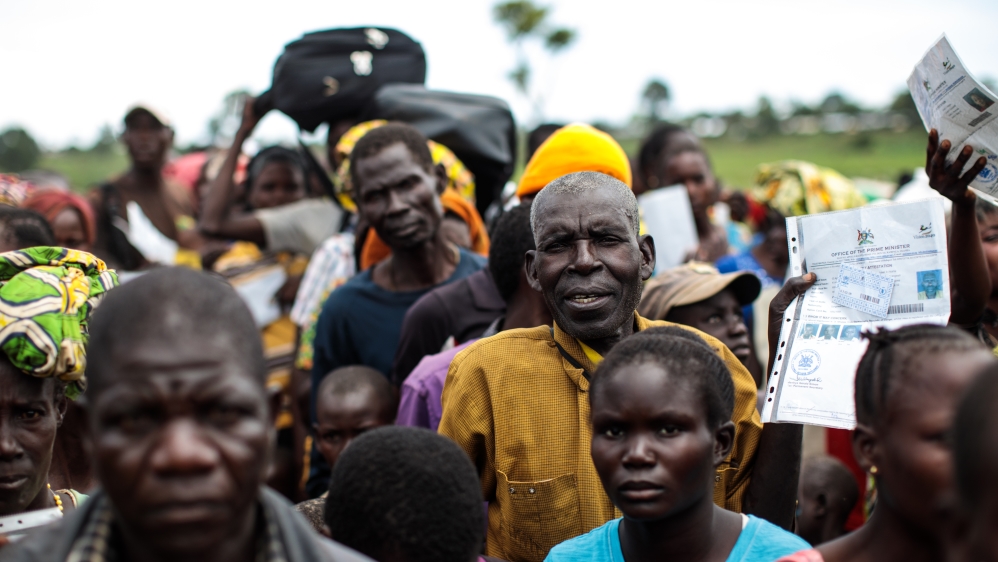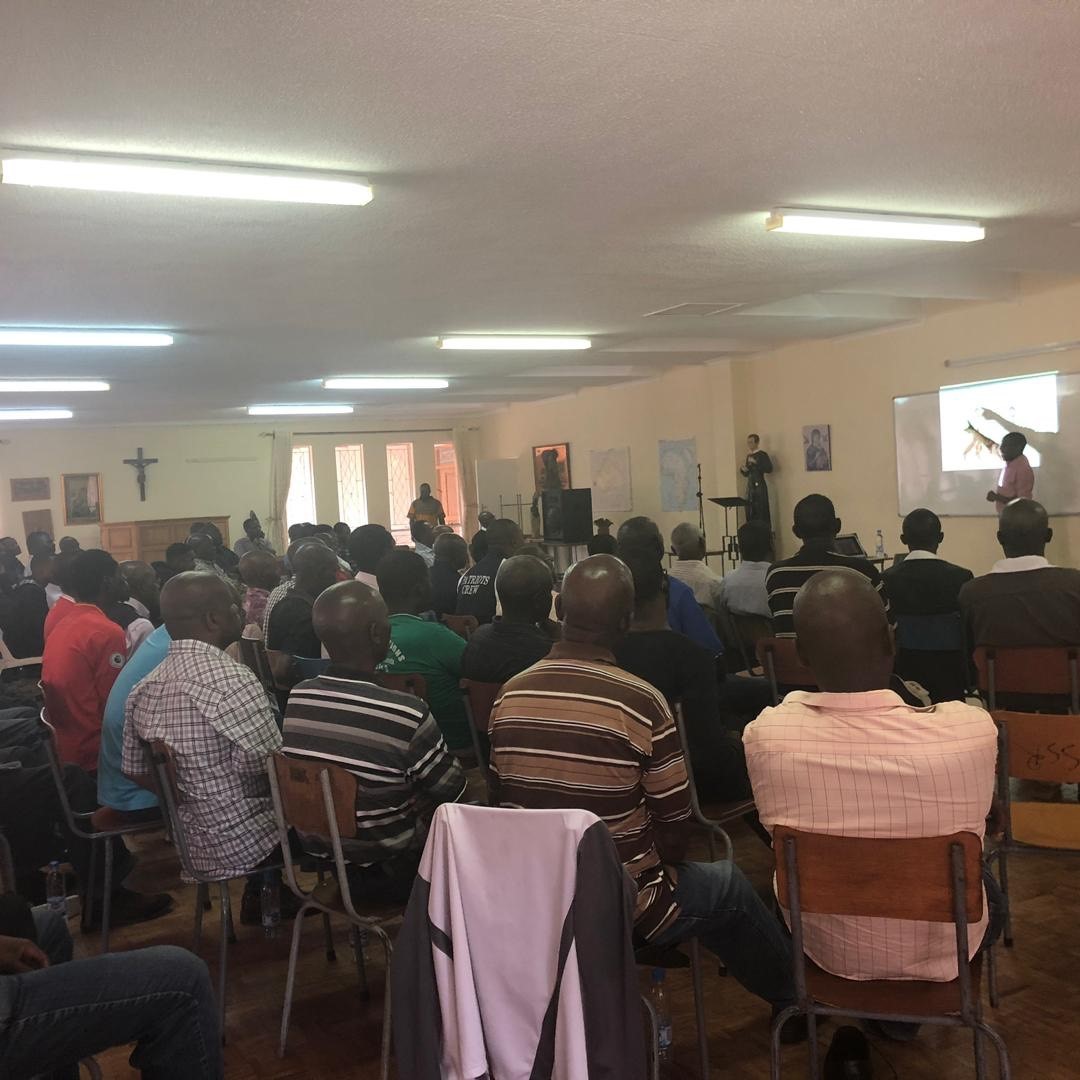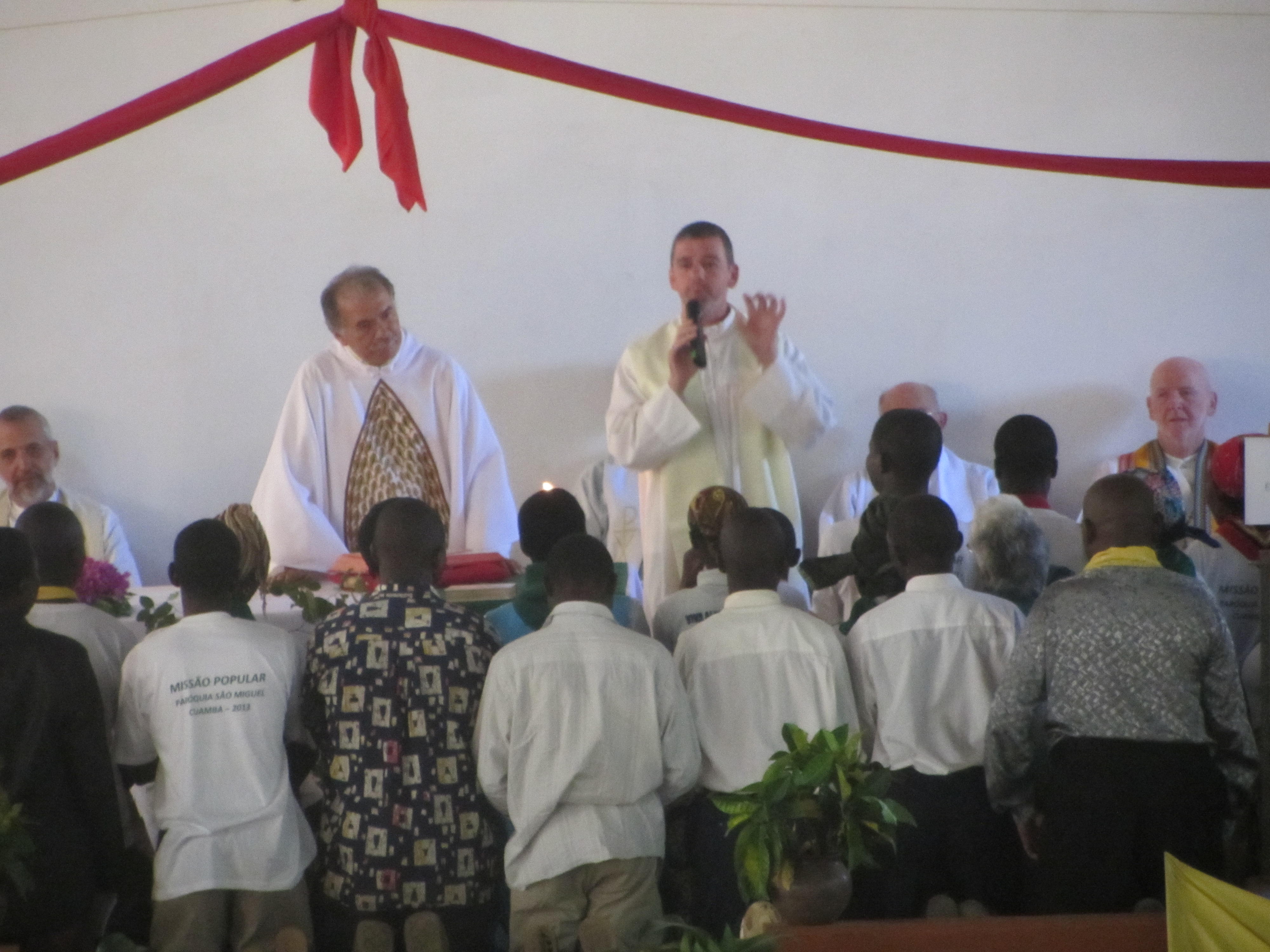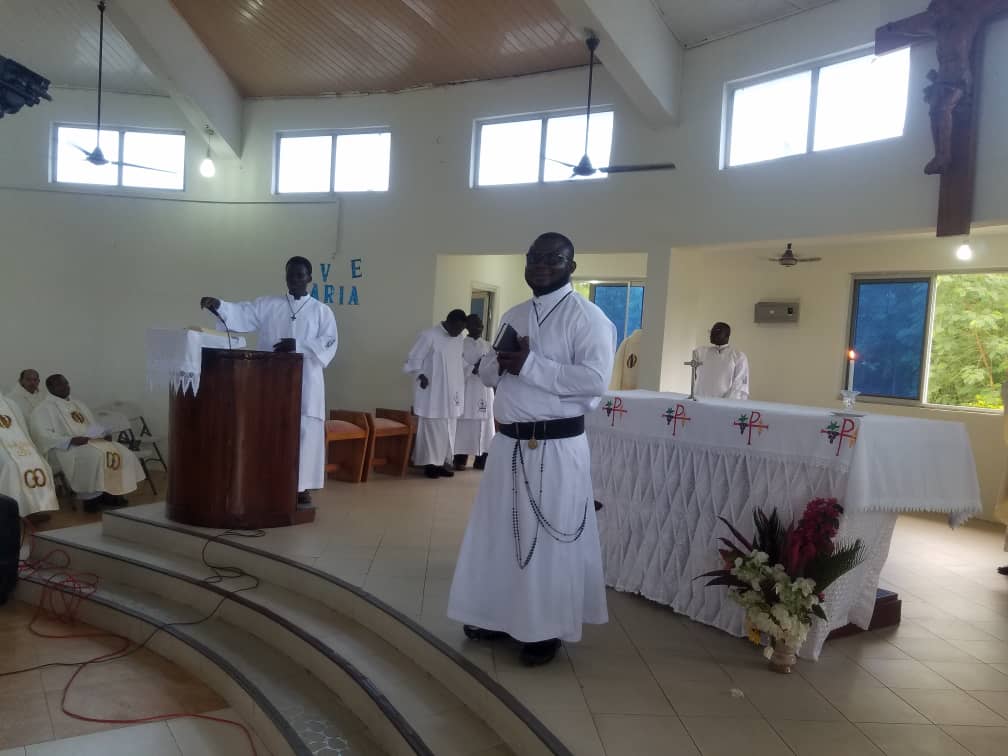Redemptorist priest Fr. Augustin Hounkpe C.Ss.R works with prisoners in Niger. Prisoners are among the most a and marginalised in Niger. Fr. Augustin makes six important observations about the rights of prisoners.
–
1. Living in detention is an event like no other.
–
2. The prison eats prisoners like cancer eats up a sick person, you are nothing.
–
3. “The prison is a city within a city that contains dirt, distress, sickness, evil… Illogical, irrational, incomprehensible, it is a world apart, cut off from life. (…) It is like a large convent, but dirty and without spirituality. You really need incredible energy to avoid falling. It is more than punishment, it is the total impasse, which closes the bottle, oxygen is cut abruptly. Prison is our ghetto, our shame.” – Veronica V.
–
4. It is difficult today, particularly in Niger, due to overcrowding of prisons, their filth and lack of hygiene…. In fact, it is nearly half a century since the prison of Niamey was built; although it has only a capacity for 350 prisoners it has always held around 1000 people. About 20% of the prison population are women and children.
–
5. Sadly, two prisons in Niamey and Kollo are now facing enormous constraints, including food shortages due to minimal resources. The government allocate €0.45 cents per person per day. Overcrowding and promiscuity dominate with their consequences in terms of health. Idleness leads in some inmates to an atmosphere of gloom, defects, stress or anxiety . The authorities in Niger have tried for some time to provide solutions through a prison policy aimed at improving the living conditions of prison inmates, the humanization of prison cells and future reintegration of prisoners, especially women and minors who are the most vulnerable parts of the society. But these tries were woefully inadequate.
–
6. The chaplains of the prisons in Niamey and Kollo, through their pastoral, cultural and charitable work, take the humanity of these prisoners into account. The chaplains work to restore the full human dignity of the prisoners. They try to give the prisoners some opportunity to acknowledge their guilt, while ensuring that a future is possible and that their humanity is not reduced because of their crimes.






